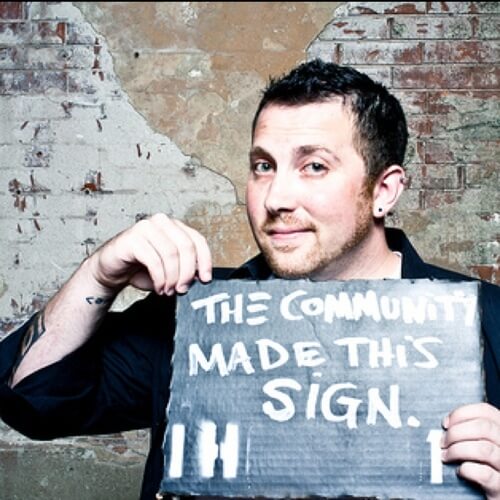It shouldn’t be so hard to get people’s attention.
You have got ideas. You have suggestions. You have something you want to share.
“Just speak up”, some people might tell you. “Don’t be shy.”
Is shyness really the problem? It might be…but more likely, the problem is it that you don’t know how to communicate so that people will listen to what you have to say.
Here’s 4 techniques that I like to recommend for communicating so that you’ll be heard.
1. Don’t just listen for your turn to talk
Listen to what people are saying.
What are they feeling? What’s good? What’s not good? What makes them happy? What makes them anxious? Who do they turn to for help? And, most subtly…what’s not being said.
You can learn a lot about what to say by listening to others in your community.
The rule of thumb I like to remember is that we have two ears and one mouth: that means we should be listening at least twice as much as we talk.
2. Speak in stories
Don’t worry about being perfect. Your imperfections remind others that you’re human (and you are human). Letting down your guard will also allow others in the community to be more comfortable letting their guard down to you. Faking this won’t work – you have to be genuine.
The simplest way to be vulnerable is to ask for help – help that you really need.
4. Be generous
When someone else asks for help, go back to point #1: make sure you’re actually listening for what they need help with.
Many times, they may not know what they need help with yet. They may think it’s one thing but it’s actually another. Either way, remember that by them asking for help, they are being vulnerable.
So be kind. Listen deep.
When you do all of these things, speaking up about your own ideas and thoughts starts to come a lot more naturally…and more importantly, you’ve begun to earn the trust and credibility that lets people know you’re worth listening to.
 I am always thinking about the intersection of people, relationships, trust and business. I founded
I am always thinking about the intersection of people, relationships, trust and business. I founded